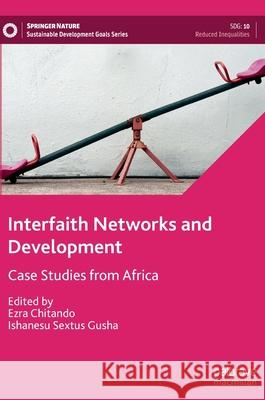Interfaith Networks and Development: Case Studies from Africa » książka
topmenu
Interfaith Networks and Development: Case Studies from Africa
ISBN-13: 9783030898069 / Angielski / Twarda / 2022 / 324 str.
Interfaith Networks and Development: Case Studies from Africa
ISBN-13: 9783030898069 / Angielski / Twarda / 2022 / 324 str.
cena 603,81
(netto: 575,06 VAT: 5%)
Najniższa cena z 30 dni: 578,30
(netto: 575,06 VAT: 5%)
Najniższa cena z 30 dni: 578,30
Termin realizacji zamówienia:
ok. 22 dni roboczych.
ok. 22 dni roboczych.
Darmowa dostawa!
Kategorie:
Kategorie BISAC:
Wydawca:
Springer Nature Switzerland AG
Seria wydawnicza:
Język:
Angielski
ISBN-13:
9783030898069
Rok wydania:
2022
Ilość stron:
324
Waga:
0.53 kg
Wymiary:
21.01 x 14.81 x 1.91
Oprawa:
Twarda
Wolumenów:
01
Dodatkowe informacje:
Wydanie ilustrowane











